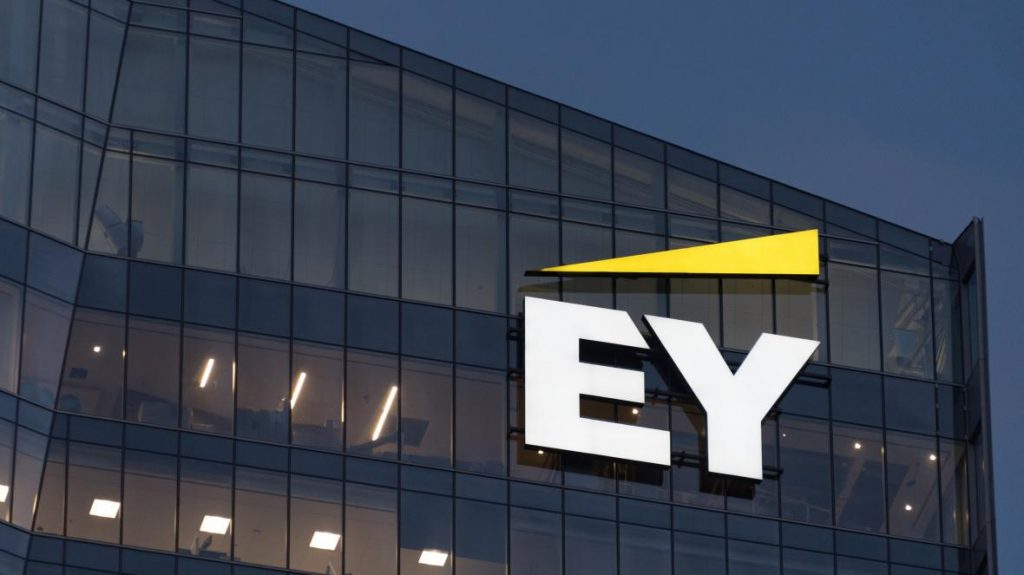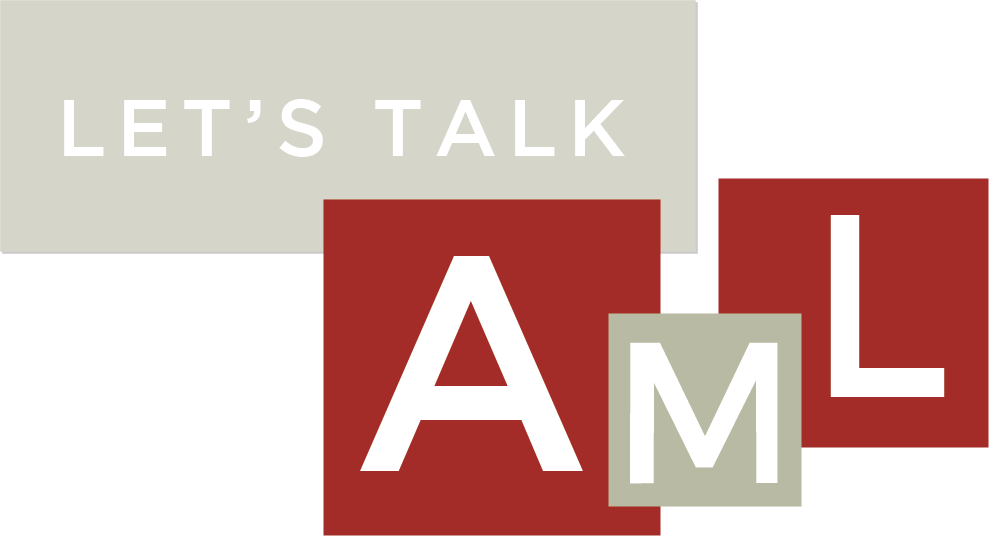
Recent fall of Wirecard, the German payments company and Once Europe’s most valued financial technology group. There is no shortage of lessons from this story. One aspect looks very clear and long overdue, reformation of the audit profession.
Wirecard’s auditor, EY, failed time and time again over the last few years to perform several basic checks, which include routine procedures to verify Wirecard’s bank balances. EY has tried to justify this failure by stating “third parties, with a deliberate aim to deceive” had provided it with false documentation during its audits of Wirecard’s financial statements. That may be the case, however for an organization as big as Wirecard. Big four auditor should have performed a more rigorous and thorough audits. Independent confirmations should have been done, instead of relying on documents and screenshots from a third party. This seems more of a tick the box culture rather than any sincere review.
The audit profession has long argued that it is a watchdog and not a bloodhound, and that the directors bear responsibility for stopping fraud. However, one of the main reasons for audit is to detect any fraud by ensuring everything is in place and order.
Donald Brydon, the former chair of the London Stock Exchange, last year set out recommendations to overhaul the profession. Among these was making clear that auditors have an obligation to find fraud. Auditors, he suggested, should “endeavor to detect material fraud in all reasonable ways”.
By going the reform route, this would seem like a sensible step and in right direction. Measures should be put in place to ensure minimization of fraud going undetected. Understandably it will not be enough to stop those determined to commit fraud, however it would certainly be step in the right direction and create that sense of fraud detection.
Such due diligence will ensure the safety and livelihood of the employees of the companies and in case of Wirecard the customer who use the services.
Another aspect which needs to be addressed in the audit profession is the fundamental conflict of interest in its structure. Audit firms are hired and paid by the same company they are meant to audit, at times Big Four Firms provide such services to the same company that are audit clients.
There is certainly no guarantee whether Wirecard would have collapsed if some of the above-mentioned measures were in place. The reform should not only target the structural change but a culture changes as well.
